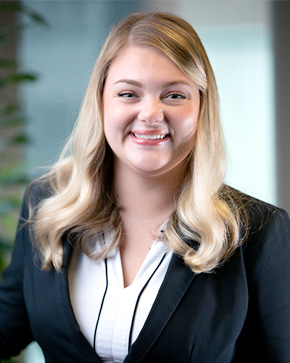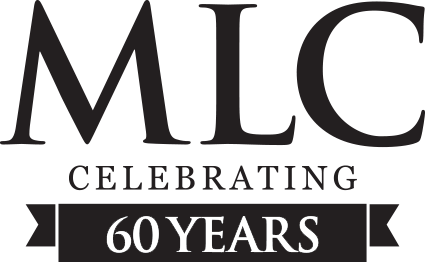Politics is often portrayed as a constant battlefield with one party trying to outmaneuver the other. However, for those who have worked in legislative offices, departments, and as advocates, the reality is much more nuanced. From my time in each of these government-related sectors, one of the most important lessons I’ve learned is that it’s not always about party—it’s about people.
- Personalities, Relationships, and Hard Work Move Policy
Yes, our political parties play a role in moving policy. However, the people involved, their personalities, how they build relationships, and even their work habits, matter more than most assume.
Looking back on my time as a House staffer, the most efficient and effective legislation we advanced was achieved through collaboration with responsive, diligent colleagues and stakeholders who provided valuable feedback and were open to working across differing perspectives. On one bill, we worked with departments, non-profits, and internal staff from all parties to tackle a 45-page bill with many changes. From that experience, I gained some of my greatest industry contacts with whom I’m still close.
A well-organized, responsive person in this industry can have a wide-reaching influence simply because they follow through. You quickly learn that the most effective allies might not always be the people who share your party label, but the ones who share your sense of professionalism, collaboration, and urgency.
- Unexpected Alliances
Networking and relationships are critical to getting work accomplished at the Capitol. I’ve seen people from opposite parties work together more smoothly than people from the same caucus. Why? Because trust, respect, and shared values can bridge the ideological gap. Like any workplace, there are people who share values and work well together, and there are people who don’t share values and still work well together.
It’s often more about chemistry than policy alignment. If someone shows up, listens, and treats others with respect, they earn cooperation—even from across the aisle. Conversely, someone who’s difficult to work with can find themselves isolated.
This is a reminder that the human element in politics can’t be overlooked. Our relationships with others matter, especially in a political landscape where both sides of the aisle need to work together to successfully achieve goals for their constituents.
- Who You Work for Shapes How You’re Seen
Around the Capitol, your reputation can be tethered to the member or organization you work for. When I talk to college students looking for careers downtown, I find it important to mention they should research the legislator or organization they are applying to work for.
Fair or not, people make assumptions based on your boss’ or organization’s behavior, priorities, and style. If they’re viewed as respectful and collaborative, you benefit from that glow. If the reputation is combative or dismissive, you may find others less inclined to reach out to you, even if you don’t reflect those traits.
Building a reputation for integrity, responsiveness, and decency—individually and collectively—can determine how seriously your office is taken when a bill needs a sponsor or comes up for a vote.
- Kindness Is Political Capital
In a field where tensions run high and deadlines are constant; kindness is often underrated—but it’s powerful. A kind word in a hearing, a thoughtful follow-up after a long meeting, a moment of empathy when someone’s having a tough day are moments that matter and are remembered. They build trust, defuse conflict, and open doors.
In Lansing, it feels like many people who work downtown stay and work in the area long-term, even if they change job positions. It is important to me to be thought of as someone who is kind and great to work with because those are the kinds of people I most enjoy working and doing business with, especially when I see them so often.
Kindness to me means leading with respect, listening first, and remembering that everyone is trying to do something that matters. At the end of the day, we are all working towards the same goal of improving the quality of life for the people who live in Michigan, even if our path to doing so differs.
In the End, Politics Is Personal
We spend a lot of time talking about systems, ideologies, and structures in politics. But underneath it all, the real engine of government is people. Their choices, their relationships, and their character shape what gets done.
If there’s one thing politics has taught me, it’s that cultivating good relationships, being kind, and focusing on people can make all the difference. Sometimes it is the smallest gestures of decency and diligence that leave the biggest mark.








